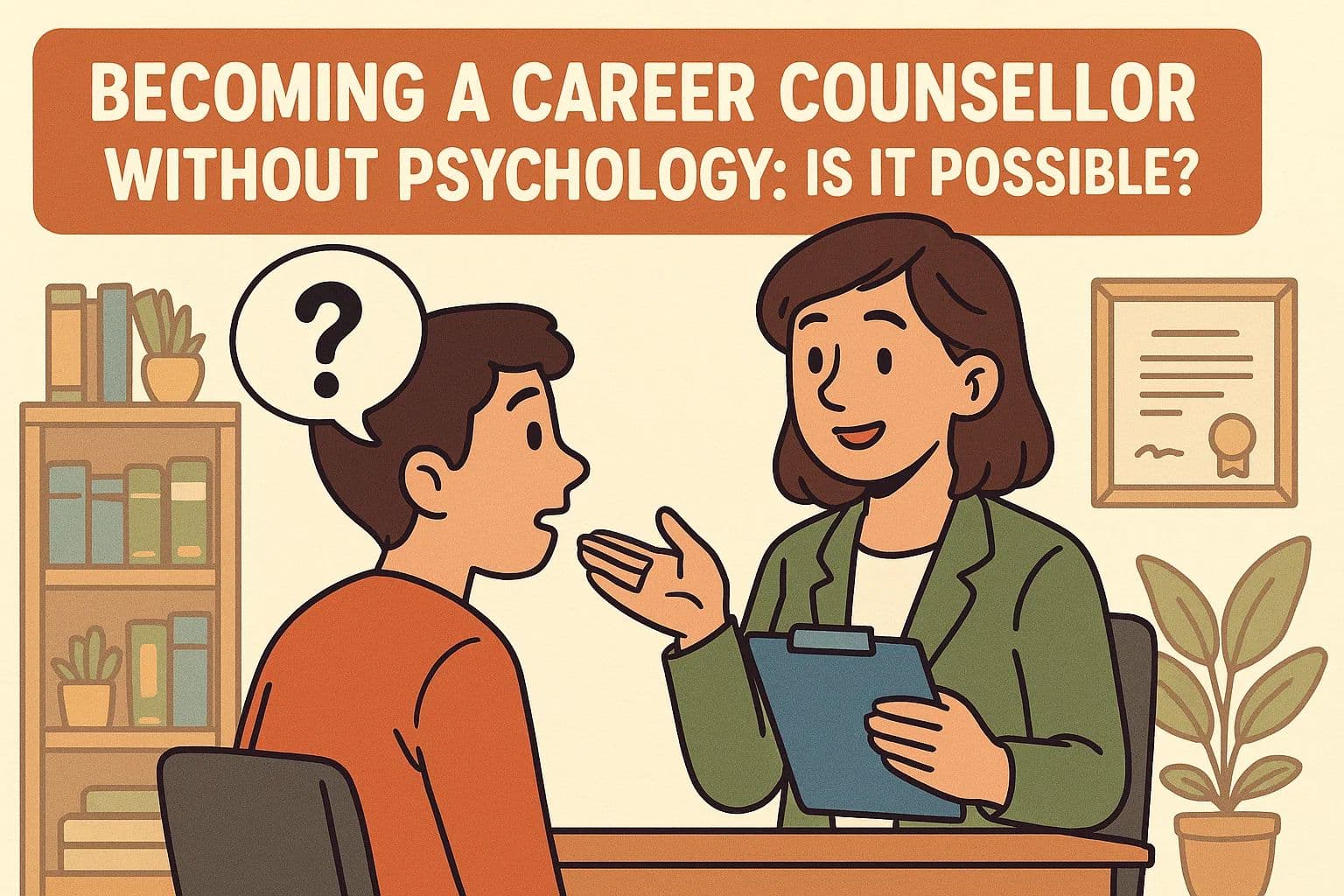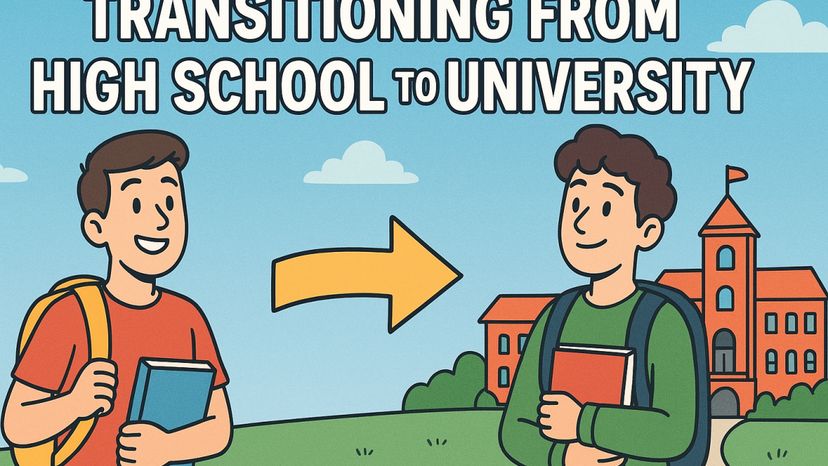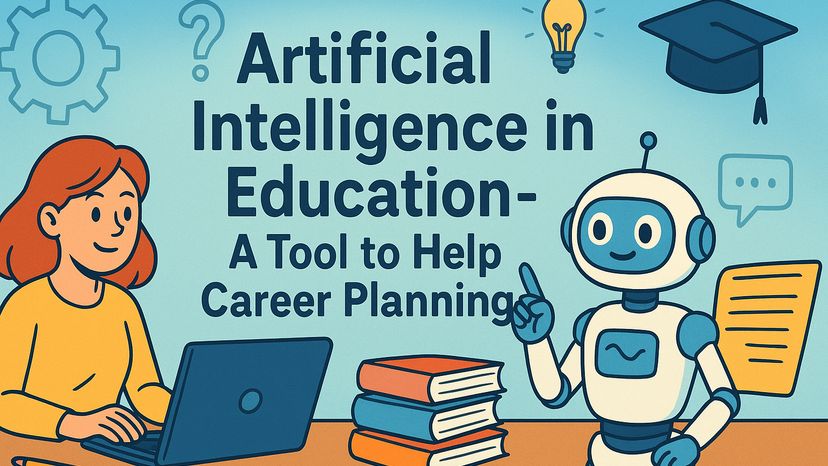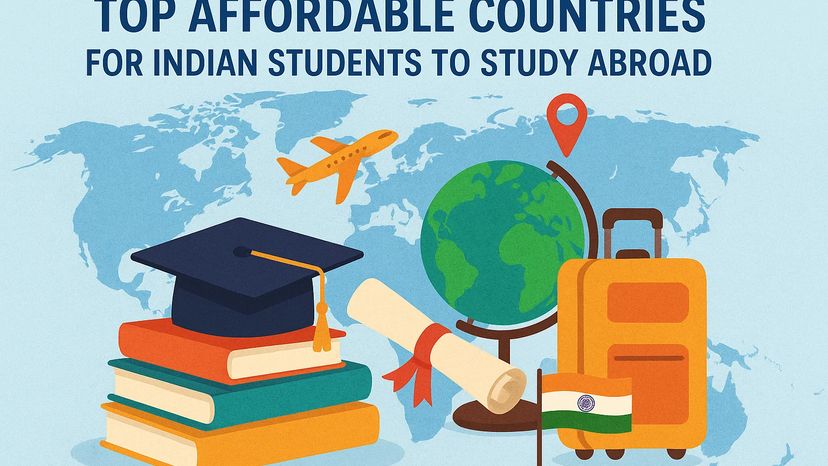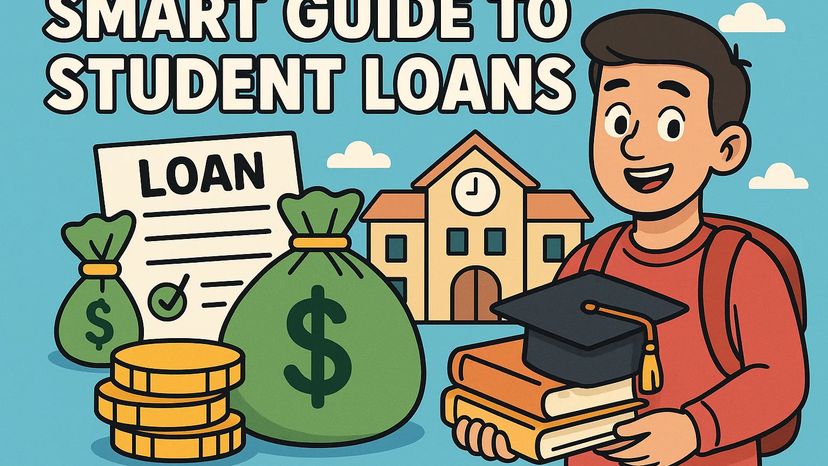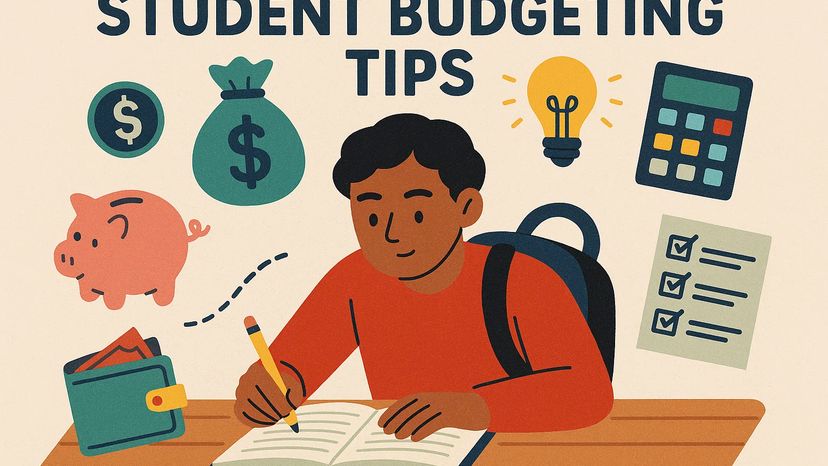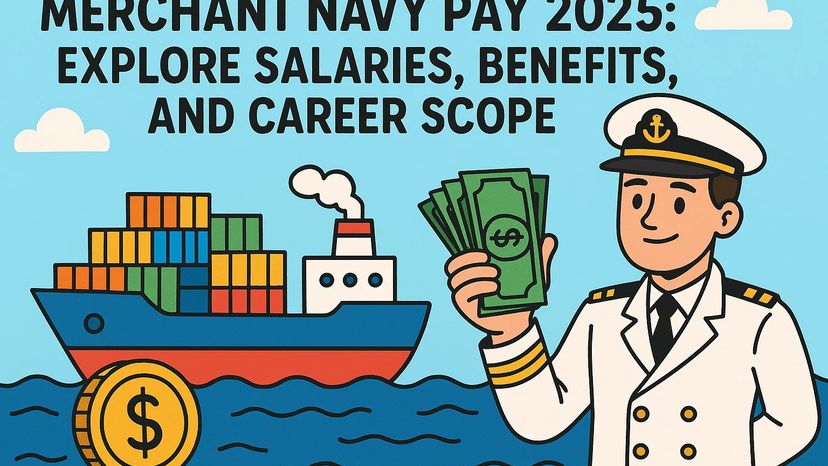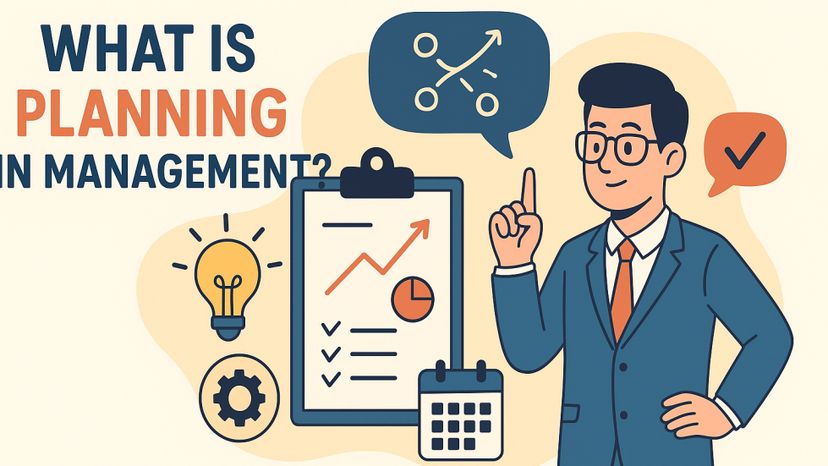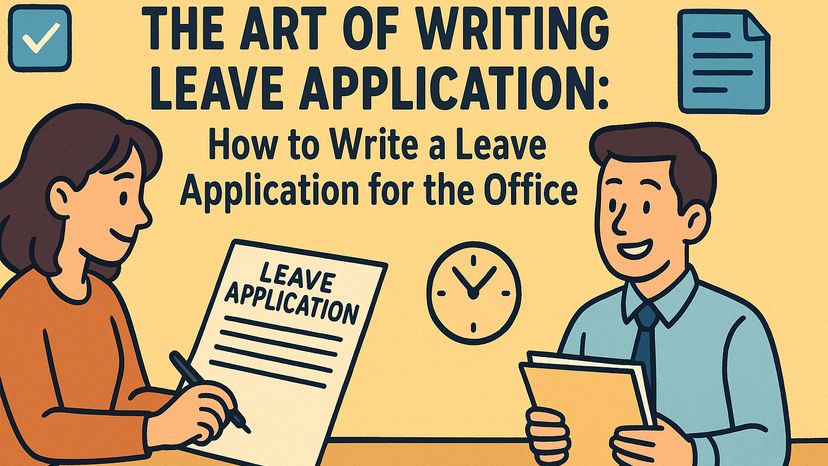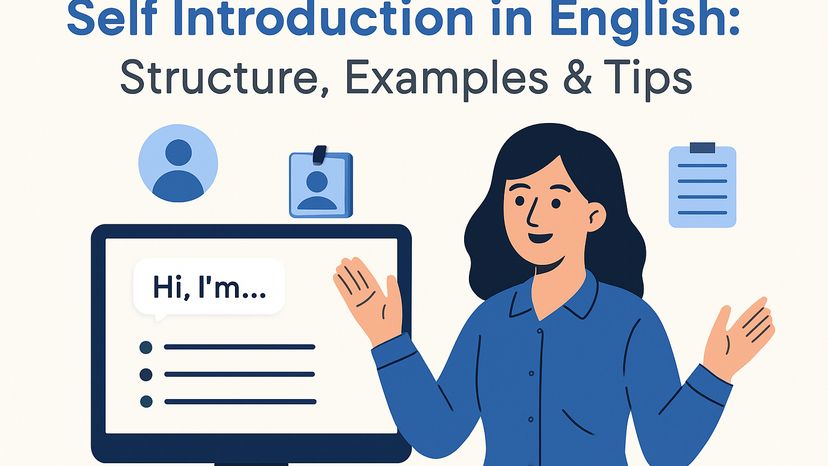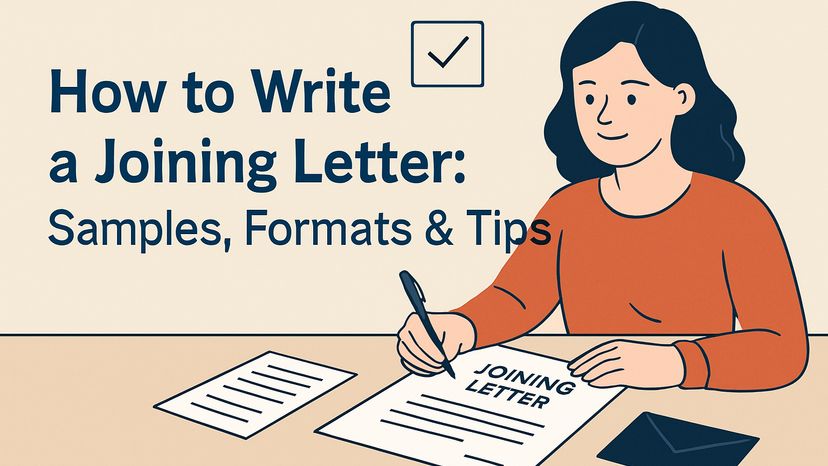If you are someone who enjoys helping others make wise decisions about their careers, but you do not have a psychology degree, you may be wondering whether you have an opportunity to work in the area of career counselling.The simple answer is yes! Career counselling is far more open than most people expect. More and more people with varying academic backgrounds are now entering this field as it is a new emerging skill, and there is demand for career counselling in schools, colleges, and in corporate spaces. People are entering the career counselling profession from various higher education backgrounds - education, management, human resources, engineering, and more. There are even options available in psychology that provide participants with the right skills.
Now more than ever, there are many options with online career counselling courses and certified training programs that provide you with the right start to career counselling. Career counselling does not necessarily start with a psychosocial degree, but with the right mindset, skills, and certifications. I will be discussing potential pathways you can consider for this career route, the skills that will be needed, and how you can become a Guidance counselling career path without formal study of psychology.
1. Know what a career counsellor does.
A career counselor equips people to make decisions about their careers, whether that is which course, changing jobs or recognizing their untapped potential. Their job requires an analysis of someone’s interests, skills and aptitude using tools like psychometric assessments, and meeting clients face-to-face one-on-one to be able to map their understanding into a structured process. You do NOT need a degree in psychology or other fields at all if you are open to learning specific practitioner-style training and coaching qualifications.
The field has grown to welcome professionals who are keen to guide others, and non-psychology career counselling is now common.
2. Can you train to be a counsellor without a psychology background?
Yes, for sure! Many larger organizations are keenly aware of the need for qualified professionals, and what counts now is your qualifications, training, professional credibility, certifications and plain all-around people skills. Higher unchanged qualifications in psychology might help your understanding of behaviour in particular sessions, but you can offer superb career guidance with non-psychology background through training and accreditation.
Many viable options exist through other institutions (e.g., Infigon Futures) which offer structured career and counselling credentials for people who have not studied psychology and equip them with occupational knowledge, assessments, relevant theory, counselling support, techniques and psychometric tools.
For a real-world example of just how impactful this space is, have a look at their blog on fastest-growing career guidance, which details how the demand for guidance professionals has grown tremendously in the past few years.
3. What You Need to Get Started
Even if you have not studied psychology, you will need the following basic foundation to enter the career counselling space:
- Counselling certifications are supplied by respected organizations.
- Good communication and listening skills.
- Basic understanding of student psychology and decision-making.
- Good knowledge of career trends, industries, and educational pathways.
- Getting to know psychometric tools, such as the online psychometric test.
Having that professional presence behind you will improve your credibility and visibility to students, parents, and professionals seeking help.
4. Career Coach vs Career Counsellor - What is the difference?
You may have also heard both terminologies are relatively the same; however, when you compare a career coach vs a career counsellor:
- A Career Counsellor tends to be more focused on helping students and freshers in their educational and career choices.
- A career coach will most often work with professionals and those looking to change or grow their careers.
However, if you have the right coaching credentials, you can transition between either opening up your scope and audience.
5. Courses and Certifications for a Non-Psychology Context
Here's what we can recommend for your options:
- So, short courses on career counselling if you want to get in and out quickly.
- Diploma in Guidance and Counselling
- Specialised Certifications from the given organisations. For example, Infigon Futures (they do a variety of counselling courses.)
- Mentorships/programs with internship opportunities.
These options help develop skills for a guidance counselling career with the structure of learning and you wouldn't need a background in psychology.
6. Selecting the Right Training Platform
Infigon Futures is good to go with as they have everything in one place with certification, mentorship, job opportunities and networking with other counselling practitioners. If you're interested in becoming a certified professional experience you can check their active community of counsellors here: Infigon's counsellor community
They also have a range of topics relating to careers in law. As an extra, you can assess the insights covered concerning eligibility in their blog about civil judge eligibility 2025.
Frequently Asked Questions
Q1. Is it possible to become a career counsellor without a degree in psychology?
Ans. Yes, possible. The industry does not necessarily value a background in academic qualifications as much as practical experience and certification. If you have the enthusiasm and have gone through the proper counselling certifications, you can be accepted.
Q2. What type of certifications should I be looking at?
Ans. You can take online career counselling qualifications that train you in mentorship, tools, and live training. Just make sure it is on a reputable platform that uses practical experience.
Q3. Is there a difference between a career coach vs career counsellor?
Ans. Yes, career coach vs career counsellor differences can be similar; career coaches emphasize working professionals, while career counsellors help lead students and navigate earlier career choices.
Q4. How do I guide without being a psychology degree holder?
Ans. You can use alternatives to psychology, like certifications and tools like the psychometric test online, to lead with structuring.
Q5. Will schools or institutions accept me as a non-psychology career counsellor?
Ans. Yes, many of the schools now accept people who are certified in career guidance with no psychology background, with proper training and communication skills.

